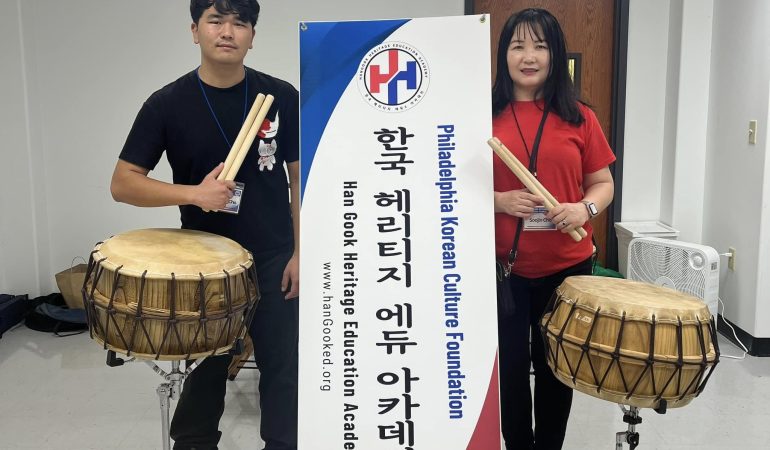
Korean Cultural Studies
Course Description
Korean Cultural Studies is an interdisciplinary field that explores the diverse cultural, historical, social, and political aspects of Korea, both in the context of the Korean Peninsula and its diaspora. This field encompasses a wide range of topics, including:
-
-
-
- Traditional Culture: This includes studies on Korean history, language (Hangul), Confucian values, religious traditions (Buddhism, Shamanism, Christianity), folk art, music (such as pansori and traditional instruments), and festivals like Chuseok and Seollal. Korean traditional customs related to family, hierarchy, and gender roles are often explored.
- Modern History and National Identity: This part of the study looks at Korea’s modern transformation, including the Japanese occupation (1910-1945), the Korean War (1950-1953), the division of the peninsula into North and South Korea, and South Korea’s economic rise, known as the “Miracle on the Han River.” It also covers how Koreans have constructed a national identity in the face of colonialism, war, and globalization.
- Korean Popular Culture (Hallyu): With the global rise of Korean pop culture, often called the “Korean Wave” or Hallyu, this area of study includes the international success of K-pop music (BTS, Blackpink), Korean cinema (Parasite, Oldboy), and television dramas (Squid Game, Crash Landing on You). The study explores how these cultural products shape perceptions of Korea worldwide and how global audiences engage with them.
- Language and Linguistics: Korean Cultural Studies often includes a focus on the Korean language, its structure, and its role in forming identity, both within Korea and among the Korean diaspora. Language policies, such as the promotion of Hangul by King Sejong, are key historical topics.
- Diaspora and Migration: This area looks at Korean communities abroad, particularly in the U.S., Japan, and China. It addresses issues of identity, assimilation, and the transnational flow of culture, economics, and people.
- Gender and Society: This aspect covers how traditional and contemporary gender roles are expressed and negotiated in Korean society. Studies often analyze the role of women in Confucian culture, the feminist movement in Korea, and depictions of gender in media.
- Political and Economic Studies: It includes research on Korea’s political development, democratization, the division between North and South Korea, and the role of South Korea as a major player in global technology and economics, with companies like Samsung, Hyundai, and LG at the forefront.
-
-
Korean Cultural Studies aims to give a comprehensive understanding of Korea’s evolving culture, its global influence, and its historical foundations, often through the lens of identity, globalization, and postcolonial theory.
Click Here To Enroll!
Course Info
- Prerequisites: No



There are no reviews yet.